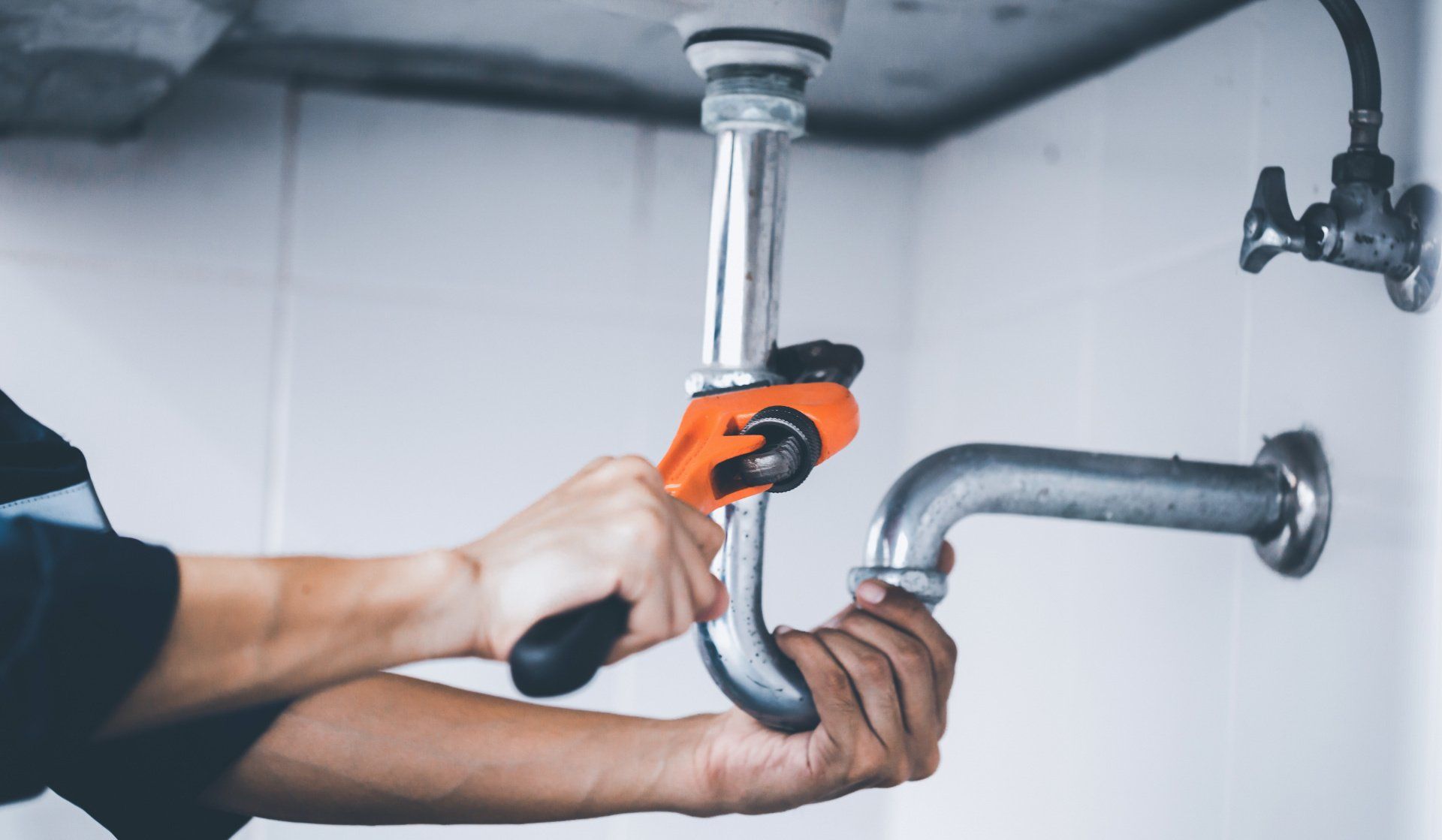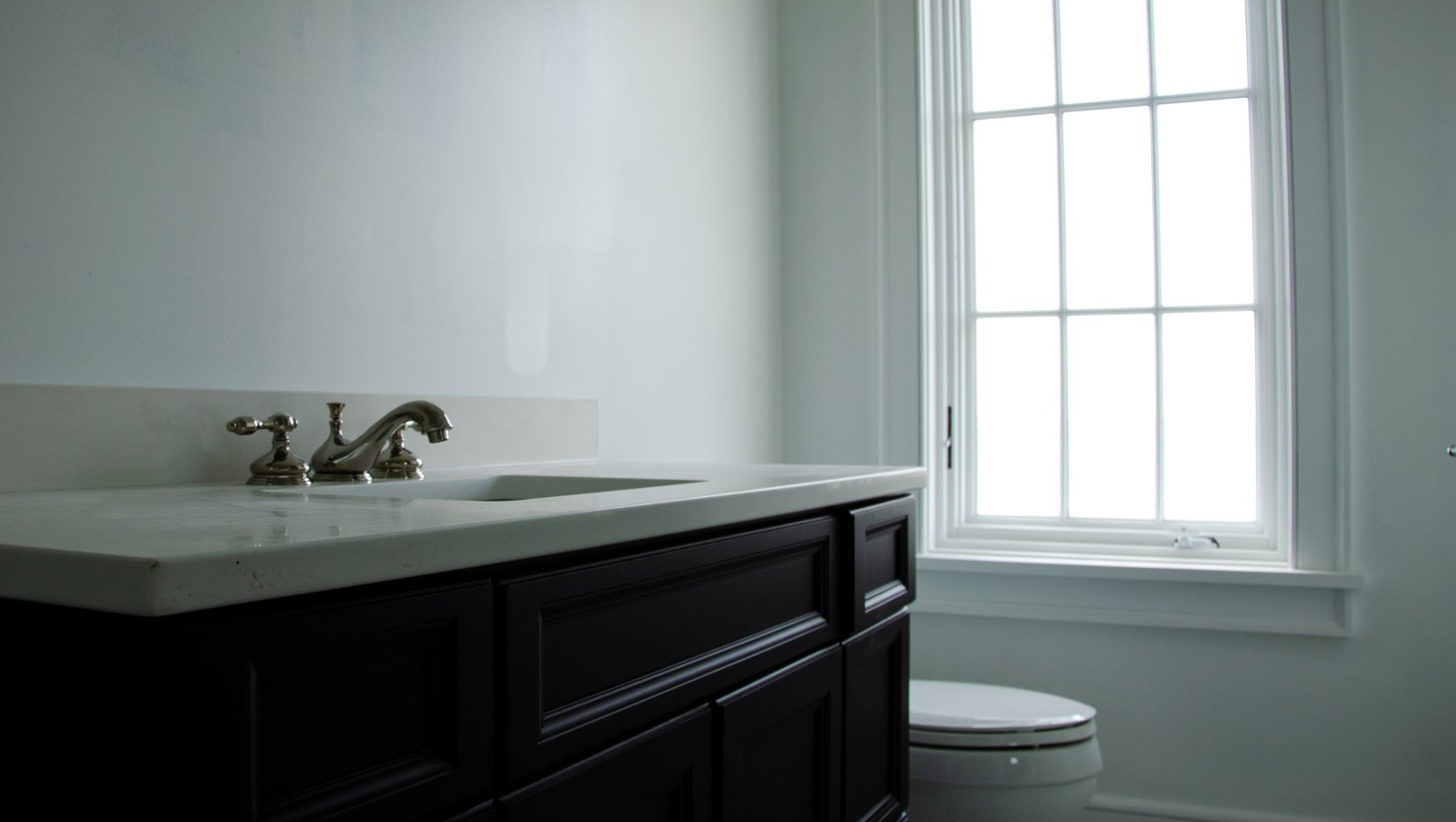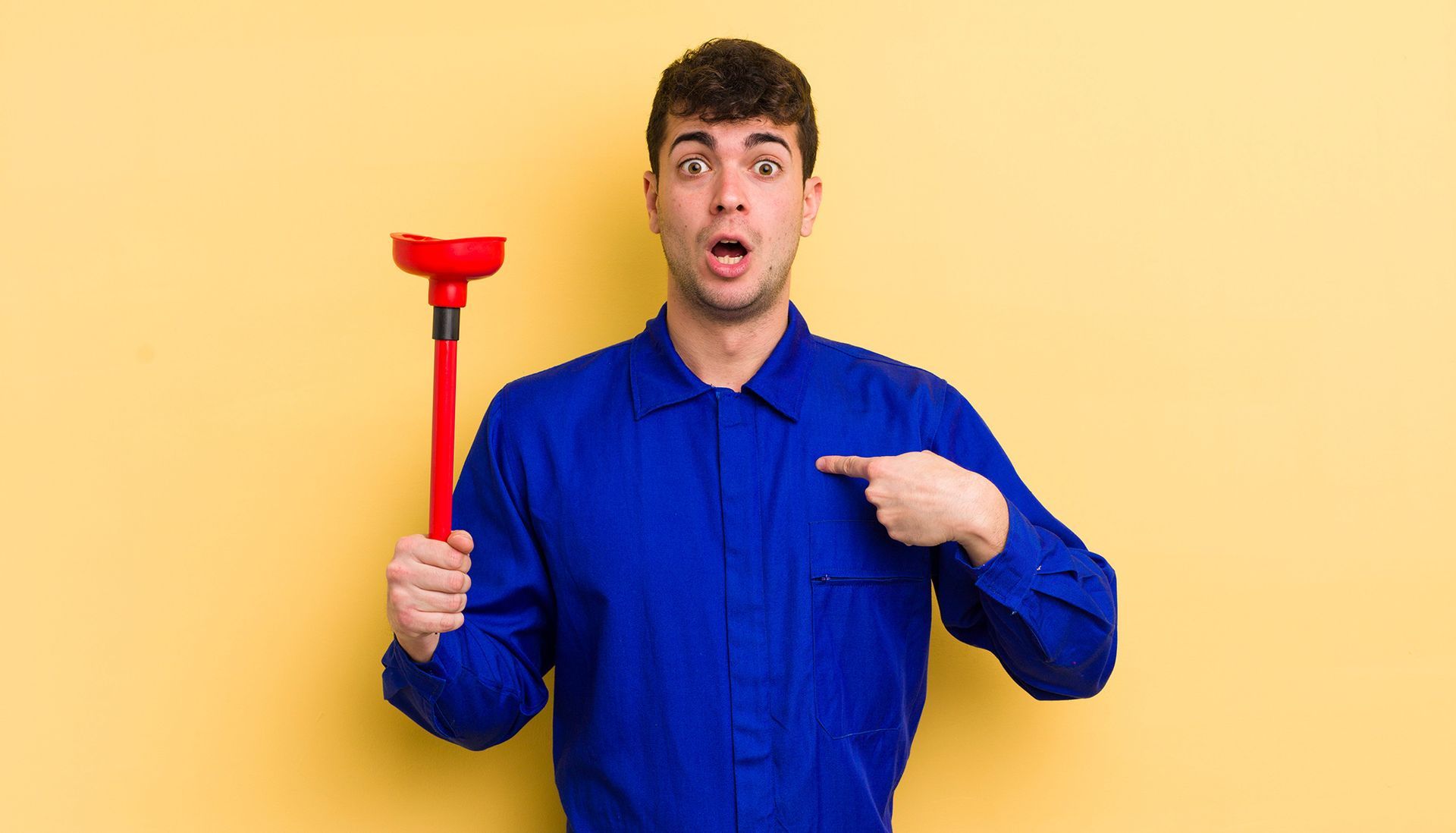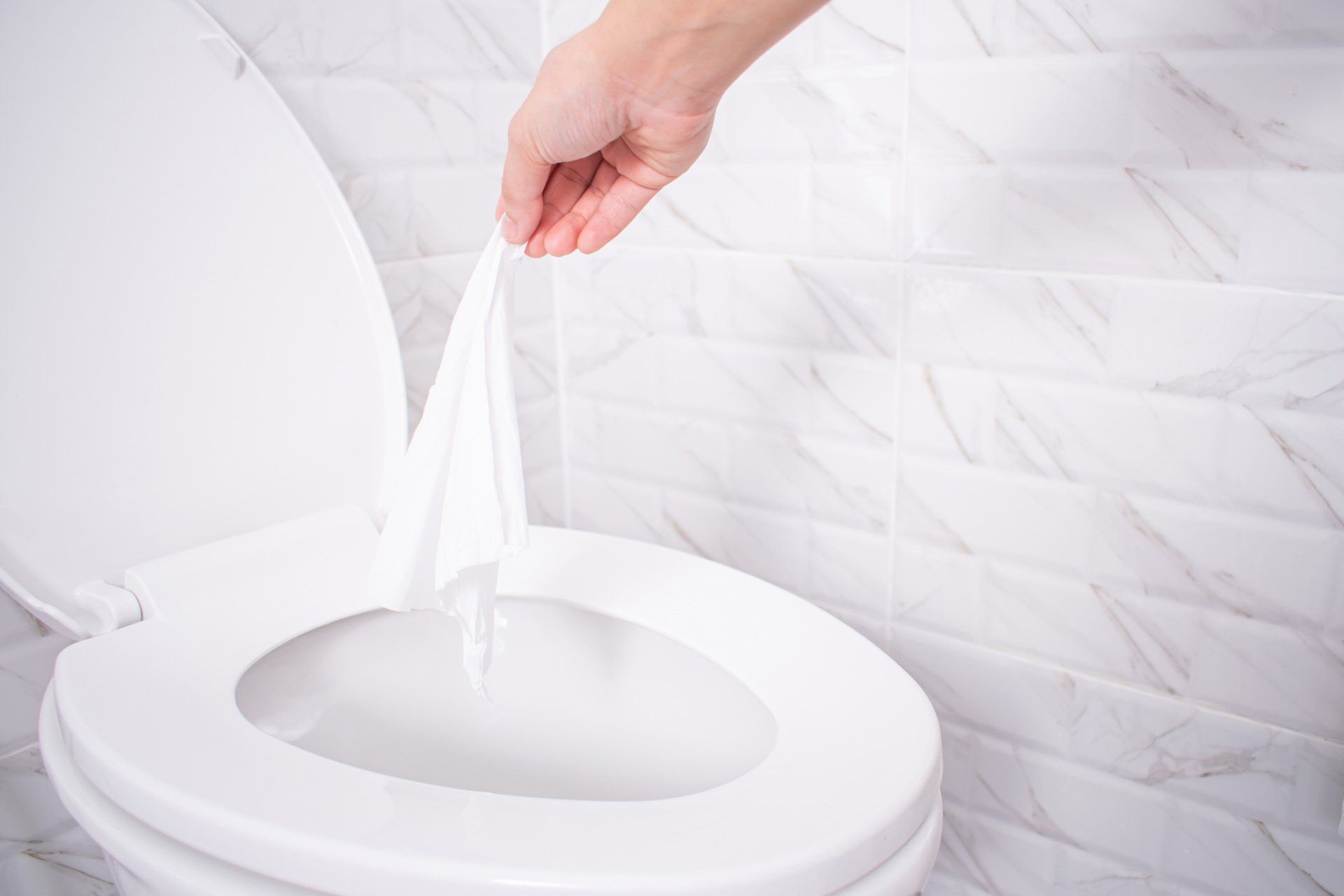What damage does pouring old grease down your drain do?
Grease should never go down your drain. Even a small amount of bacon grease or used cooking oil can cause plumbing problems. Every homeowner should know, simply do not pour grease down your drain. The smallest amount of grease over time can cause a big problem.

Grease and Pipes Do Not Mix
Even if it is hot and easy to pour out of the pan, it will eventually cool and solidify in your plumbing. The truth is, pouring hot grease while running hot water and dish soap after is a misconception. Over time, pouring grease down your drain will cause a clog that could bring your drains to a standstill.
If the grease does make its way past your home's plumbing system it can wreak havoc on your municipal sewer system. Some cities spend millions of dollars a year addressing damaged sewers to clear out masses of solid waste called “fatbergs” that consist of grease and oil. If you never pour grease or oil down your drain you can help prevent clogs and other plumbing problems.
How to Properly Dispose of Grease and Oil
A convenient way and mess-free way of disposing of cooking grease and oil are to put it into an empty container. Wait for the grease to cool and harden in the container and then throw it away in the trash. Depending on the amount of grease you can wait for it to cool down in the pan and use a paper towel to wipe it away.
Already Poured Grease Down the Drain
If you have found yourself here because you're already experiencing plumbing problems from pouring grease or oil down your drain hot water and dish soap are good as a temporary solution. This way may only remove the thickest part of the clog. If you have been disposing of grease and oil down your drain for years you may need a professional plumber. A professional will have the right tools required to unclog your drain so it will flow freely once again.
You might also like



